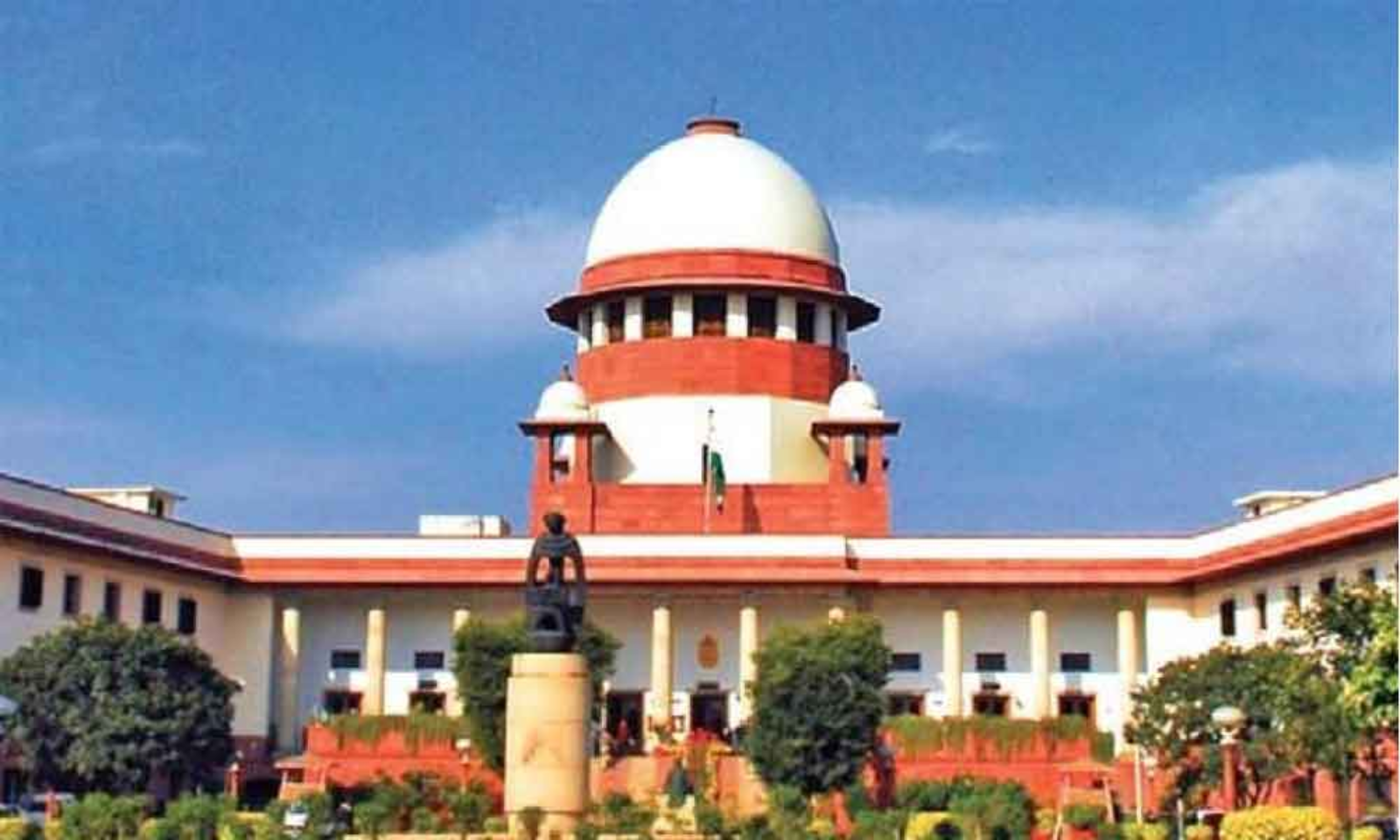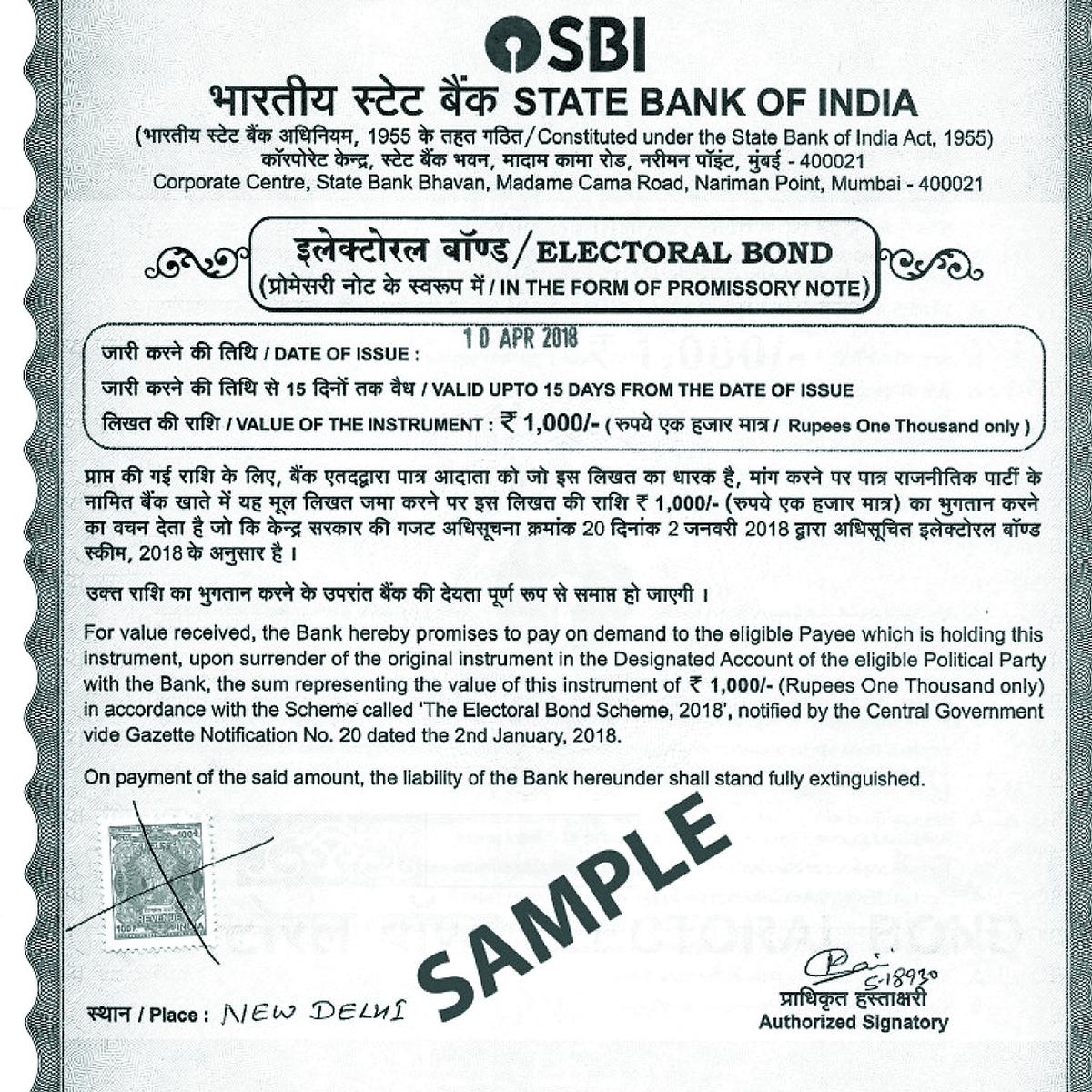Electoral Bonds, introduced in the Finance Bill 2017, were a mode of funding political parties. In a first-of-a-kind way to fund parties anonymously, the electoral bond violates not only the Right to Information but several others and compromises the motives of political parties.

Source: The Hans India
Full Story:
Since 2017, with the introduction of the Electoral Bond, 16,518 crore rupees have been donated to various political parties, which consists of almost 58% of the total income of national political parties. These bonds were purchased in 1000, 10,000, 1lakhs, 10lakhs, and 1Cr denominations, data showed that 1Cr and 10 lakh bonds were the highest used ones.
All Political Parties registered under Section 29A of the Representation of Peoples Act, 1951 except the Communist Party of India(Marxist) have accepted payments through these Electoral Bonds.
The issue arising from anonymous donations is that the Public’s Right to Information is being violated. Getting funding from a particular incorporation or person(s) might align that political party’s interests with those incorporations or persons. The General Public has the right to know the intentions of the parties they would vote for. When it was brought into effect, the then Finance Minister Mr. Arun Jaitley emphasized that recorded transactions would keep the inflow of black money in party funding in check. However, this violates the public’s Right to Information.
Another area of concern is that the electoral bond scheme gives the party in power an upper hand as it allows them to have access to the donor’s information of other political parties while keeping the ruling parties’ information hidden from the public and other parties. This undue advantage could cause them to have potential avenues for extortion or victimization of companies.

Source: CA Guruji
Hence, The Supreme Court declared the Electoral Bond Unconstitutional and asked the SBI to publish all data relating to the donors and their contributions to the Election Commission. The Election Commission is directed to publish it on its website. The SBI asked the Apex Court for a 3-month extension which was quashed by the 5 Judge’s bench, the Apex Court has released an ultimatum to the SBI for releasing the Data by 12th March.
The SBI complied and submitted the Data to the Election Commission which is said to be released on the Election Commission’s official Website according to the Right to Information. 15th of March is the new date set by the Election Commission to release the data. It will be crucial to see how this data will affect the upcoming Lok Sabha Elections and what Parties will face the brunt of it.
Read Also:
Supreme Court Judgment Reveals How Much Money The Political Parties Get Through Electoral Bonds



















































































